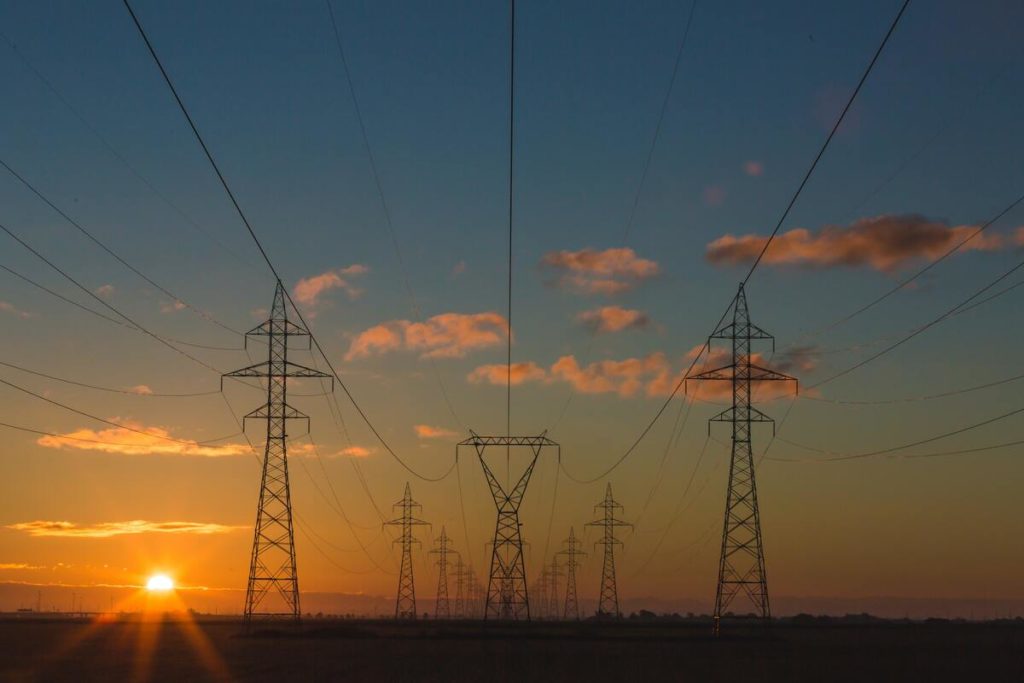All over the world, experts agree that education is one way out of poverty. Not everyone will be born a genius who doesn’t need school to invent a life-changing device or formula. Kids need school to escape poverty, especially in underdeveloped and developing nations. And yet, the lack of electricity is still a troubling occurrence in places like South Africa, Guinea, and Uganda. The United Nations wants the focus to be on these academic institutions that do not have access to power.
Education experts are so focused on the pedagogy of education that other components fail in comparison. In truth, students in impoverished countries have no opportunity to learn because their schools lack the basic resource of power. Without lights, fans, and computers, students’ learning is hampered. They often cast aside their academics because it becomes too hard for them to do it without electricity.
What Communities and Local Governments Must Do
Herein lies the problem. If communities and local governments are not aware of the impact of lack of electricity on the education of students, then who will take the responsibility for solving this problem? Electricity might still not be available in many parts of the world, including in far-flung areas of first-world countries.
Still, there is a way around this. All governments must do is allocate the budget for it. They can provide portable generators for these academic institutions, powering up a host of devices and utilities such as lights, projectors, computers (if they have any), and electric fans. These basic things will create learning opportunities for the students.
Reduces Teaching Resources and Classroom Materials
Without electricity, teachers won’t be able to access resources and materials. They can’t go on the internet to research their lesson plans. They can’t make recopies of manuals and handouts. If there are videos and multimedia resources on the internet, they won’t be able to show these to their students. The quality of education will be sorely lacking. Instead of receiving support from online resources, teachers will depend on old handbooks whose information might not even be updated.

Failure to Document Properly
Power outages are also a problem for school administrators. They need to document the progress of the students. But if there are frequent power outages in the school, then they will lose access to such data. They have to do things manually. It would’ve been easier to keep these documents online, so students and school administrators can access them just as easily. Imagine making manual copies of the students’ grades and transcript of records once they are ready to attend the bigger schools.
Discourages Well-trained Teachers
It is not easy for teachers to make the ultimate sacrifice of teaching in areas where there is no proper access to power. The lack of power is discouraging to well-trained and well-educated teachers who simply want to help students. But with frequent power outages, fewer educators want to dive into that abyss. They get deterred from serving the communities that would benefit most from their expertise.
What educators need is a steady supply of electricity to power lights, computers, projectors, the internet, and other educational materials. In these far-flung communities, they need to be able to teach students until the sun goes down. Some adults want to learn, too, so night school is a must since they’re busy working during the daytime.
Forces Students to Work Instead
Children belong in school. They should be doing their homework, playing with their classmates, and listening intently to teachers. And yet, because their areas suffer from extreme power outages (or sometimes, they don’t have access to power at all), these children are forced to work—collect firewood and clean water for cooking. They do this instead of attending their classes and doing their homework.
If there is electricity in the area, they don’t have to do this. Electricity will power up devices and tools. They don’t have to provide for their families, leading to poor class attendance and poor learning. When children need to help their families instead of attending school, the cycle of poverty will never end.
Energy access and shortage have real consequences for the people. Children cannot achieve what they hope to without access to power. Across the globe, this is a predicament that impoverished communities have to face. It’s a reality that they have to contend with every single day. Whether it’s through the power grid or solar energy, governments, nonprofit organizations, and communities must work together for equitable access to power that can lead to poverty alleviation. This is one of the few ways to uplift communities.

